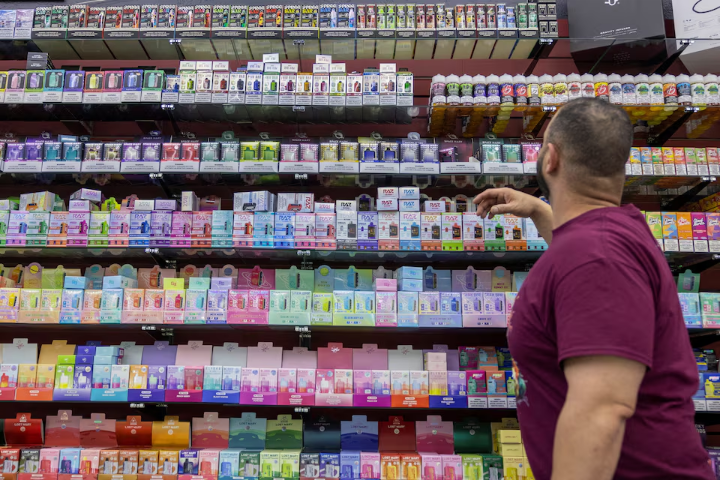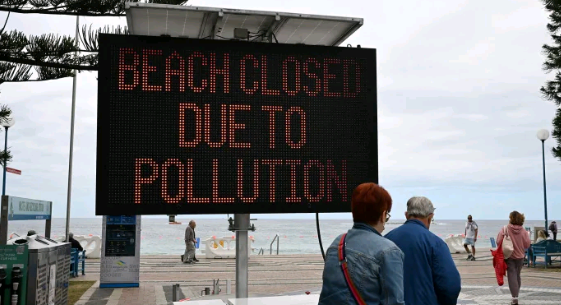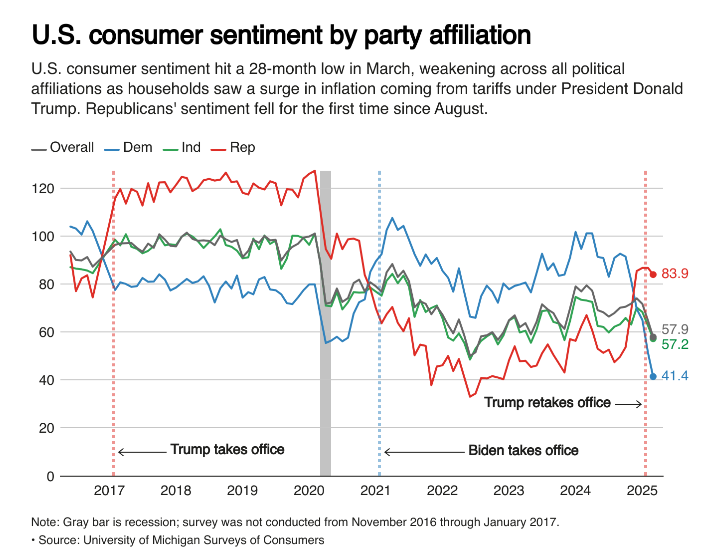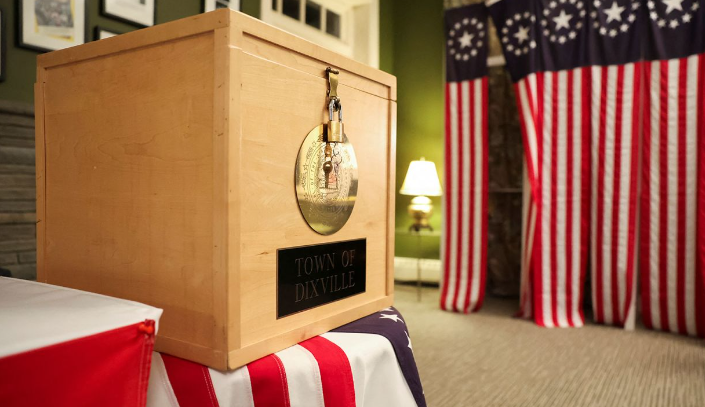In a landmark decision, the U.S. Supreme Court has ruled in favor of the Food and Drug Administration (FDA), upholding its authority to reject applications for flavored vaping products. This ruling overturns a previous decision by a lower court that had criticized the FDA’s handling of these applications. The vaping companies, Triton Distribution and Vapetasia, had argued that the FDA imposed unexpected regulatory standards. However, Justice Samuel Alito, writing for the Court, affirmed that the agency had remained consistent in its evaluation process.
The FDA's authority over e-cigarettes dates back to 2016, when it classified them as tobacco products requiring regulatory approval. Triton and Vapetasia sought permission to sell flavored vapes such as sour grape, pink lemonade, and crème brûlée—flavors public health experts argue are especially appealing to minors. The FDA denied their applications, citing concerns over youth addiction and health risks. While the 5th Circuit Court had ruled in favor of the vaping companies, seven other appellate courts sided with the FDA, creating a legal battle that ultimately reached the Supreme Court.
During Supreme Court deliberations, justices closely examined whether the FDA had acted fairly in rejecting the applications. Some justices questioned the vaping companies' claims that the FDA had shifted its standards arbitrarily. Justice Elena Kagan pointed out that the agency had been transparent about its approach, particularly regarding the dangers of flavored vaping products in attracting young users. The skepticism from the justices suggested that the industry’s arguments were not persuasive enough to challenge the FDA’s authority.
This decision reinforces the Supreme Court's tendency to scrutinize regulatory agencies while still allowing them to exercise their authority in public health matters. The ruling signals the Court’s willingness to back government efforts aimed at curbing youth vaping, despite ongoing legal challenges from the industry. It also affirms the FDA’s power to regulate e-cigarettes more strictly, setting a precedent for future disputes over agency discretion in health and safety regulations.
The ruling has major implications for the vaping industry, which has long argued that flavored e-cigarettes help adult smokers transition away from traditional cigarettes. However, the FDA maintains that these products pose a "substantial risk" to younger users. With the Supreme Court’s decision, the industry now faces stricter regulatory hurdles, potentially leading to the removal of more flavored vaping products from the market. The outcome marks a significant victory for public health advocates and a decisive blow to vaping companies fighting to keep their products on store shelves.





